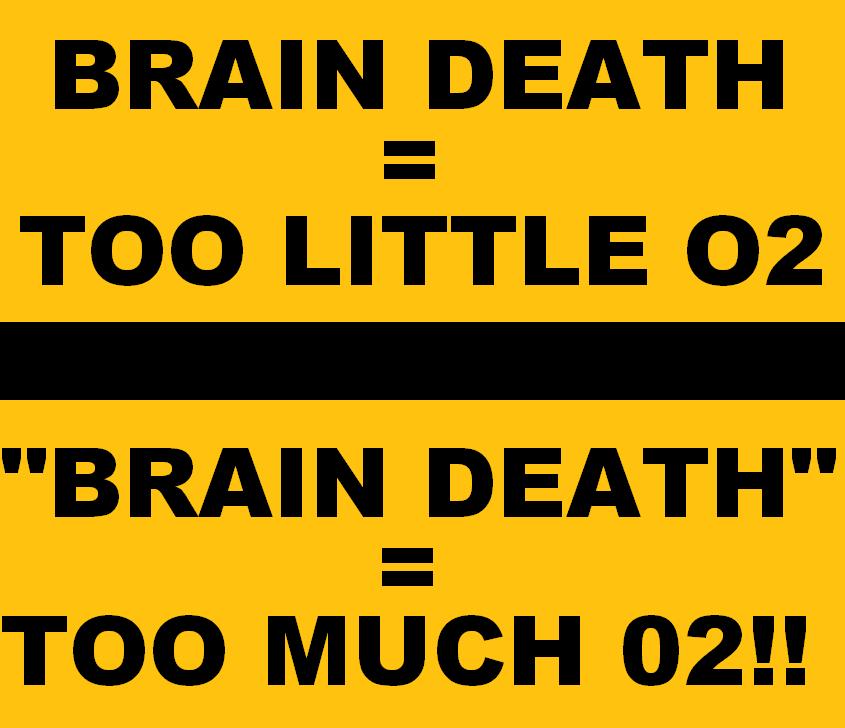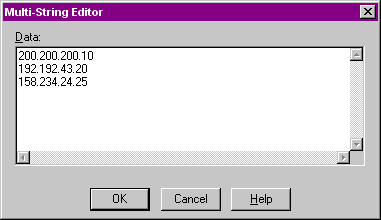

Likewise, multiplying I by five and then adding two and storing the result back into I takes time. Moving a copy of J into I takes a certain amount of time. Of course, on real computer systems, operations do not occur instantaneously. It wouldn't do, for example, to execute the statement I:=I*5+2 before I :=J in the following sequence:Ĭlearly we need some way to control which statement executes first and which executes second.

This means that the computer executes commands in a prescribed order.

On Von Neumann machines, like the 80x86, most operations are serialized. According to Tech Target, "Cache memory operates between 10 to 100 times faster than RAM, requiring only a few nanoseconds to respond to a CPU request.Art of Assembly: Chapter Three-2 ģ.2 - System Timing 3.2.1 - The System Clock 3.2.2 - Memory Access and the System Clock 3.2.3 - Wait States 3.2.4 - Cache MemoryĪlthough modern computers are quite fast and getting faster all the time, they still require a finite amount of time to accomplish even the smallest tasks. It is also the closest to where the central processing occurs, being a part of the CPU itself. The CPU cache stands at the top of this hierarchy, being the fastest. Lastly, the CPU has even faster memory units within itself, known as the CPU memory cache.Ĭomputer memory has a hierarchy based on its operational speed. Your computer and its programs use RAM to store frequently accessed data, helping keep actions on your computer nice and fast. This is much faster than the primary storage but is only a short-term storage medium.

Next up, we have "random access memory," commonly known as RAM. Primary storage, like a hard disk or SSD, stores the bulk of the data-the operating system and programs. Now, your computer has multiple types of memory inside it. The system memory at the time (RAM) couldn't cope with or match the increasing CPU speeds, so a new type of ultra-fast memory was born: CPU cache memory. However, during the 1980s, processor speeds began to increase-rapidly. In the early days of computing, processor speed and memory speed were low. Put simply, a CPU memory cache is just a really fast type of memory. So, exactly how important is CPU cache, and how does it work? What Is CPU Cache Memory?


 0 kommentar(er)
0 kommentar(er)
